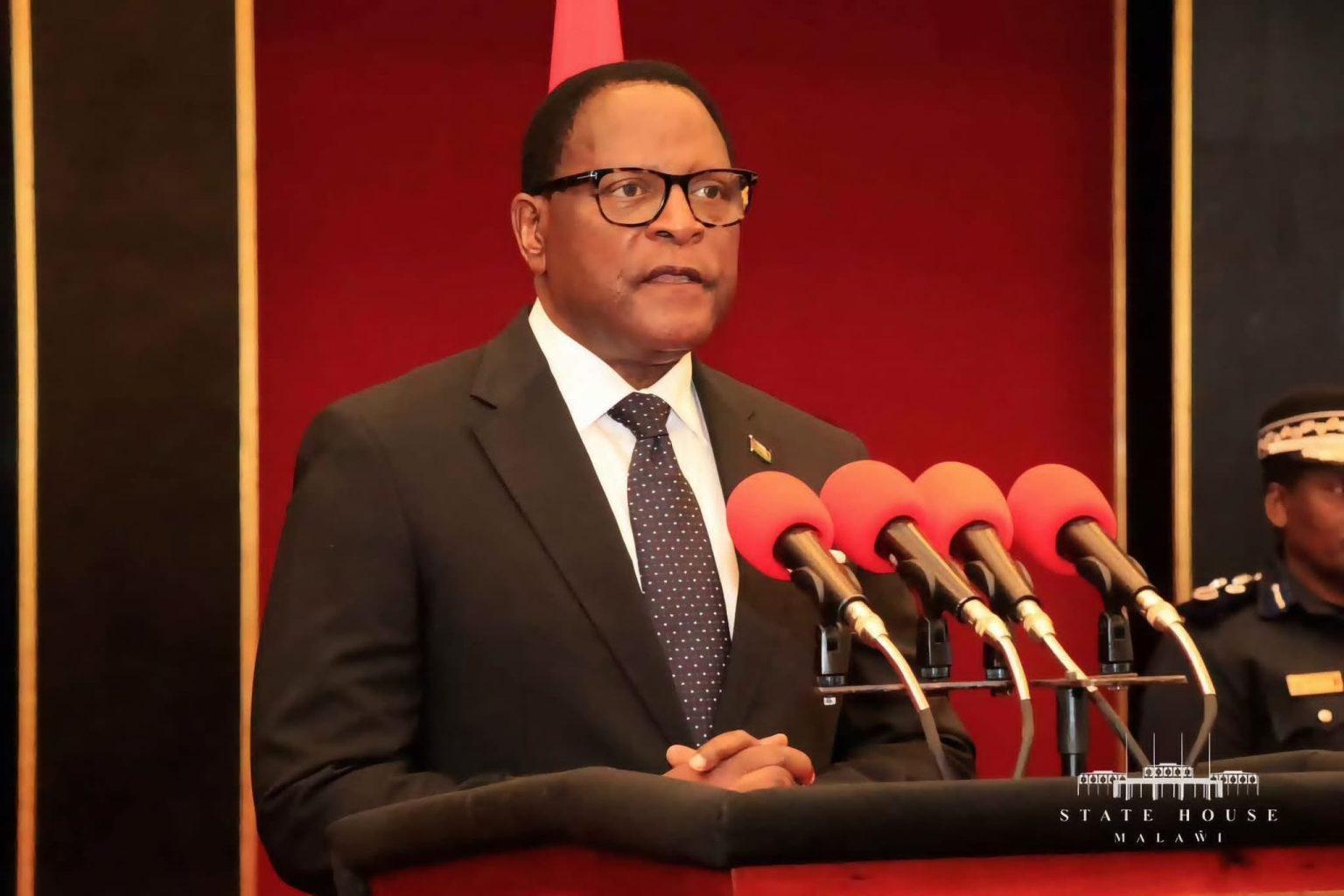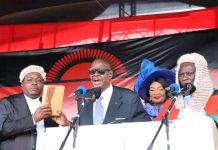Africa-Press – Malawi. The political demise of Lazarus Chakwera is not merely the story of a leader losing an election; it is a cautionary tale of how a monumental victory, built on a wave of public hope, can be frittered away through a series of profound political miscalculations. His rise to power in 2020 was historic, a triumph of people’s will over entrenched entitlement. His fall in 2025, however, was a testament to promises unmade and potential unfulfilled.
President Chakwera’s greatest asset was also the source of his ultimate downfall: the sky-high expectations he himself created. Riding to victory on the back of the “Tonse Alliance,” a formidable coalition promising a “New Malawi,” he captured the nation’s imagination with a pledge to eradicate corruption, fix the ailing economy, and restore ethical governance. Yet, his administration quickly became a masterclass in the gap between rhetoric and reality.
1. The Coalition That Consumed Itself
Chakwera’s first and most fatal mistake was his failure to manage the Tonse Alliance. What was designed as a strength became a crippling weakness. The coalition government descended into public squabbling, with partners accused of jostling for positions and resources rather than governing. Instead of projecting unity, the alliance exposed deep fissures, making Chakwera appear not as a commanding leader, but as a captive of competing interests. The public’s “collective victory” soon felt like a collective disillusionment.
2. The Economic Malaise and the Devaluation Debacle
Faced with a severe economic crisis, the Chakwera administration hesitated. The most glaring misstep was the delayed and poorly communicated currency devaluation. While economically necessary, the move was executed without a robust social cushioning program, devastating household incomes and small businesses. The government seemed consistently behind the curve, reacting to crises rather than anticipating them. The chronic shortages of foreign exchange and fuel did not abate, and the phrase “cost of living” became the defining lament of his presidency, eroding the very foundation of his support among the poor and the middle class.
3. The Perceived Soft-Stance on Corruption
This was the most damaging blow to his brand. Having campaigned as an anti-corruption crusader, President Chakwera’s administration became mired in several high-profile graft scandals. The perception, whether entirely fair or not, was that his government was no different from its predecessors. His response to these scandals was often seen as slow and equivocating, lacking the decisive fury he had promised. The “Cashgate” ghosts he vowed to exorcise seemed to have found a new home, leading to a devastating narrative: “They are all the same.”
4. A Disconnect from the Populace
The fiery preacher-politician who connected so deeply with voters in 2020 seemed to retreat into the statehouse. As Malawians struggled, stories of perceived opulence within the presidency and a growing aloofness created a damaging disconnect. The “man of the people” image faded, replaced by a perception of a leader insulated from the very hardships his citizens were enduring. This allowed the opposition to successfully paint him as out of touch.
5. Diplomatic Drift and Weakened Alliances
On the international stage, Chakwera’s Malawi appeared to drift. While his predecessor cultivated strong regional ties, Chakwera’s foreign policy lacked a clear, assertive voice. This perceived diplomatic quietism cost Malawi leverage and potentially delayed crucial economic support from international partners who were watching for signs of stable and effective governance.
Conclusion: A Legacy of What Might Have Been
His political obituary serves as a stark reminder that in democracies, the power granted by the people can be just as swiftly withdrawn. The hope he ignited was extinguished not by an external foe, but by the internal failures of his own administration. The “New Malawi” he promised remained a blueprint, while the old Malawi—with all its challenges—endured, leaving voters to seek a different architect for the future.
For More News And Analysis About Malawi Follow Africa-Press






